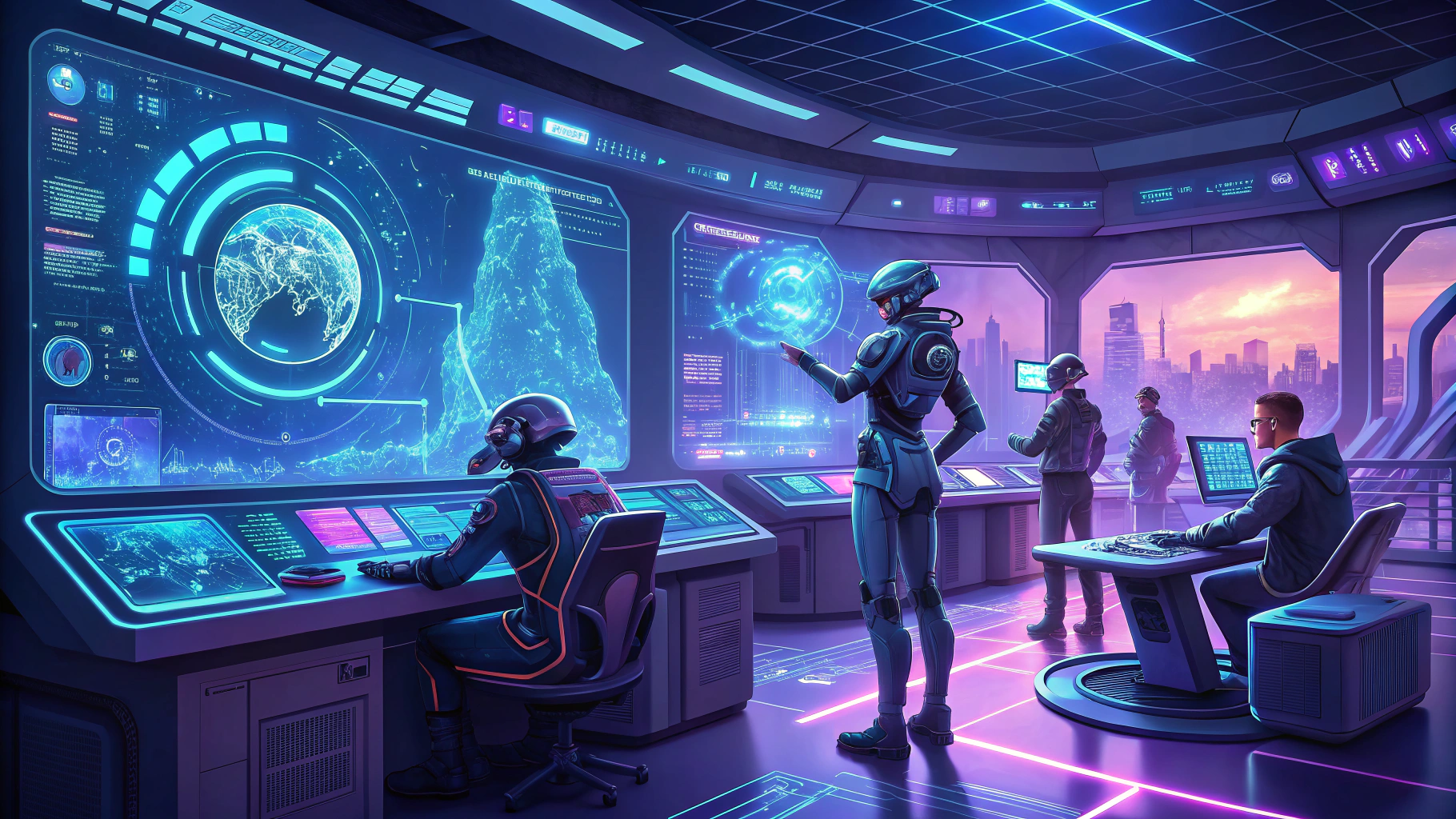AI Agents: Revolutionizing Digital Interactions

AI Agents: Revolutionizing Digital Interactions
The Rise of Intelligent Agents: Revolutionizing the Digital Landscape
In our rapidly evolving digital world, the concept of an "agent" has taken on new dimensions, particularly with the advent of intelligent agents in technology. These agents, often powered by artificial intelligence (AI), are transforming the way we interact with data, make decisions, and conduct business.
What is an Intelligent Agent?
An intelligent agent is a software entity that carries out tasks autonomously on behalf of a user or another program. They use data and algorithms to observe their environment, interpret information, make decisions, and perform actions to achieve specific goals. Unlike traditional software, intelligent agents are capable of learning and adapting, steadily improving their performance over time.
Key Characteristics of Intelligent Agents
- Autonomy: Operate independently without human intervention.
- Reactivity: Perceive their environment and respond to changes promptly.
- Proactivity: Initiate actions to fulfill their objectives.
- Social Ability: Communicate with other agents or systems to collaborate on complex tasks.
Applications of Intelligent Agents
E-commerce
In e-commerce, intelligent agents transform customer experiences by providing personalized recommendations, virtual shopping assistance, and efficient inventory management.
Healthcare
Agents support patient monitoring, diagnosis, and treatment planning by analyzing medical data and enhancing diagnostic accuracy.
Finance
From algorithmic trading to fraud detection and personalized banking services, intelligent agents analyze vast datasets at high speeds, facilitating precise decision-making and improved financial operations.
Customer Service
Chatbots and virtual assistants powered by intelligent agents offer instant support, automate routine tasks, and elevate overall customer satisfaction.
Smart Homes
Intelligent agents in smart homes optimize energy usage and improve security by learning user habits and automating tasks like lighting, heating, and appliance management.
In-Content Image from Perplexity
Source: LeewayHertz
Benefits and Impact on Business
- Increased Efficiency: Automating routine tasks lets businesses concentrate on strategic initiatives.
- Enhanced Decision-Making: Data-driven insights facilitate better decision-making processes.
- Cost Reduction: Minimizing human intervention in repetitive tasks greatly reduces costs.
- Improved Customer Experience: Personalized interactions lead to higher customer satisfaction and loyalty.
Challenges and Ethical Considerations
Despite the numerous benefits, the implementation of intelligent agents raises challenges like data privacy concerns, algorithmic biases, potential job displacement, and accountability issues for autonomous actions.
The Future of Intelligent Agents
The continued evolution of AI and machine learning promises more advanced intelligent agents that feature enhanced learning capabilities, better interoperability, and deeper human-agent collaboration. Future efforts will also focus on building ethical AI systems that maintain transparency and fairness.
Conclusion: Intelligent agents are reshaping the digital landscape by driving efficiency, innovation, and growth across industries. Addressing challenges and ethical concerns will be key to harnessing the full potential of these remarkable technologies.


